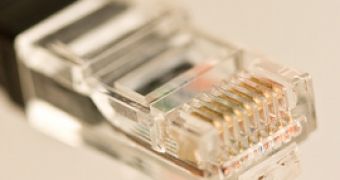Cuba is about to get much faster internet connections thanks to a fiber-optic cable, some 1,000 miles long, from Venezuela to the communist country. The project is funded by a group tied to Venezuelan president Hugo Chavez and will provide the only means of communication with the outside world for Cuba apart from the existing satellite connections.
The cable has now reached Cuban shores, in the city of Santiago de Cuba in south Cuba. It lies some 540 miles (870 km) from Havana, the country's capital.
The cable was financed by the Bolivarian Alliance for the Peoples of Our America (Alba), a group founded by Chavez, and cost $70 million to deploy. It was laid by the French Alcatel-Lucent.
However, while the cable has physically reached the country, it won't be ready to be connected until July. But even then, it may take quite some time for it to be linked to other parts of the country due to the poor existing infrastructure.
Until now, Cuba has had to rely on slow and expensive satellite connections for internet and international calls. The new cable will improve bandwidth available 3,000 times.
However, that will not translate in an instant improvement to the speeds or availability of internet connections for most people. For one, the inland infrastructure is poor and needs to be upgraded for users to benefit.
And there may also be political hurdles, as the government doesn't want to empower or encourage dissidents by allowing greater access to the internet. Cuba is the country with the poorest access to the internet in the Western Hemisphere.
Only 14 out of 100 people in Cuba have used the internet in 2009. And only 3 percent have constant access at homes. What's more, buying a computer and installing an internet connection must be approved by the government.
Most of the ones that have accessed the web have done so at internet cafes in the country, mostly at hotels. There is also a flourishing black market for net access in Cuba.

 14 DAY TRIAL //
14 DAY TRIAL //